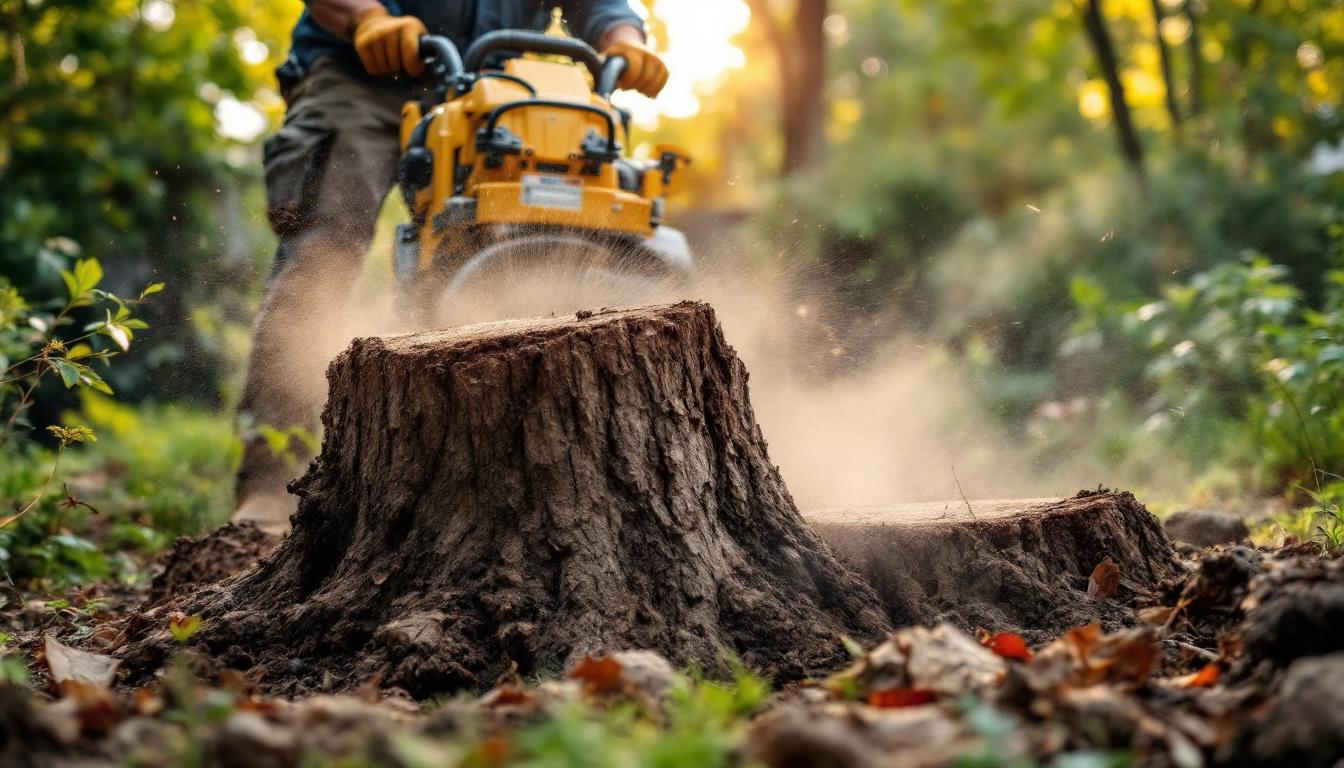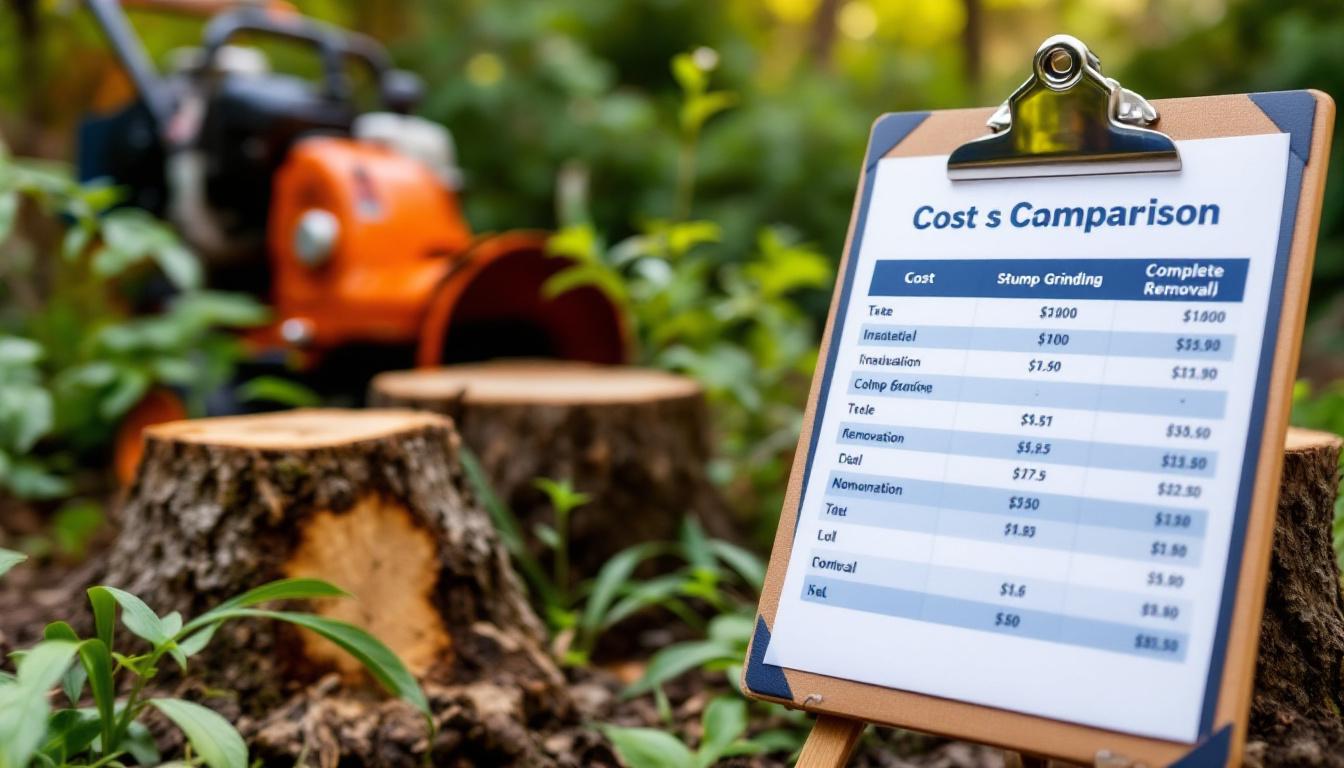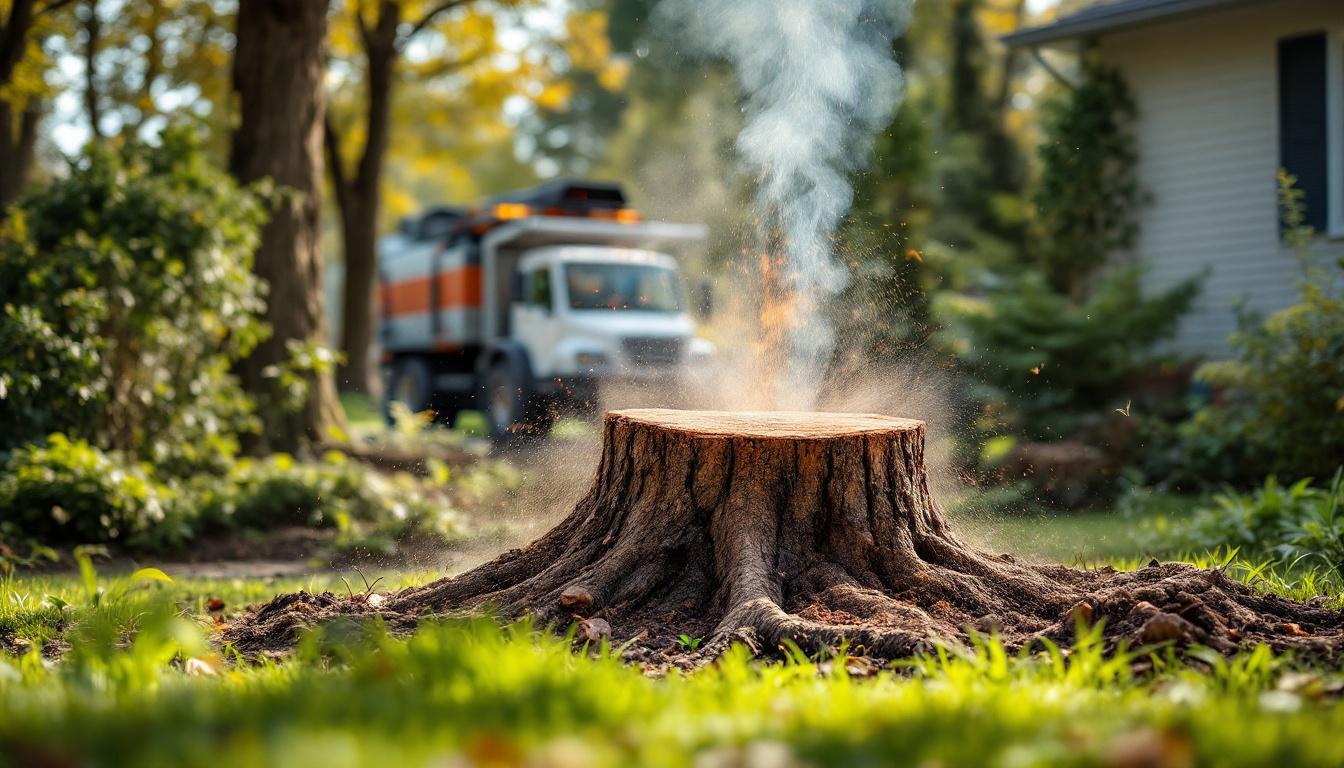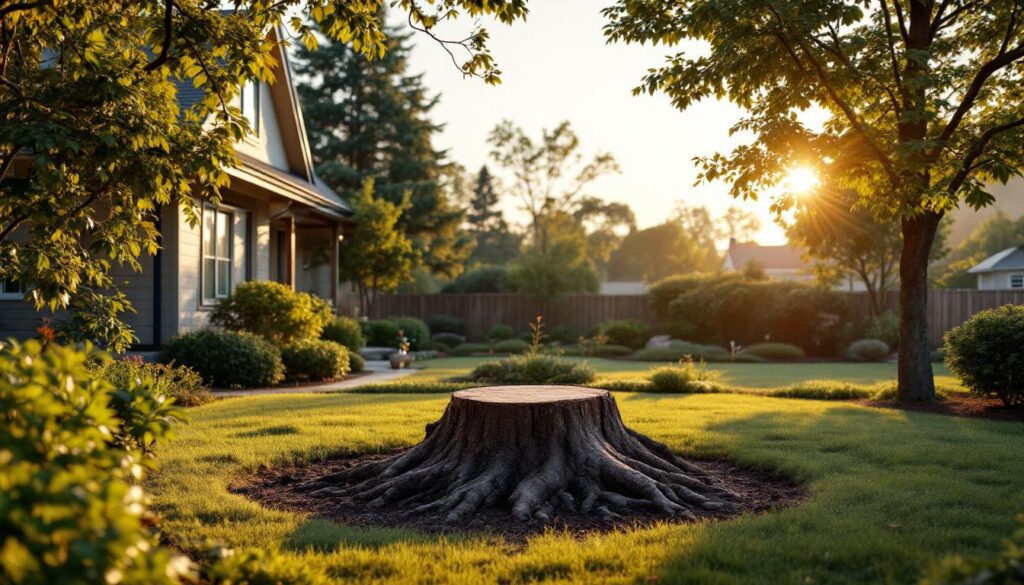Property investment is one of the most common ways Australians aim to build passive income over time. While it’s rarely “hands-off” in the early stages, the right investment property can eventually deliver consistent rental income and long-term financial security within the Australian property market.
What Is Property Investment in Australia?
Property investment involves buying real estate primarily for financial return rather than personal use. In Australia, this return usually comes from:
- Rental income paid by tenants
- Capital growth as property values increase over time
When focused on passive income, the goal is to create surplus cash flow after covering all property-related costs.
Why Australians Use Property for Passive Income
Australians often choose property as an income strategy because of its familiarity and long-term stability.
Common reasons include:
- Reliable rental demand in many areas
- Ability to use borrowed money to invest
- Potential to increase rent over time
- Tangible asset with long-term value
- Opportunity to replace or supplement employment income
For many investors, passive income becomes more achievable as loans reduce and rents rise.
Types of Property Investments That Generate Income
Not all property types suit passive income strategies equally.
Residential Property
- Houses, units, and townhouses
- Strong tenant demand
- Easier to manage and finance
High-Yield Properties
- Often located in regional centres or outer suburbs
- Lower purchase prices
- Higher rental returns relative to value
Commercial Property
- Offices, retail, and industrial properties
- Higher yields but increased risk
- Longer leases but longer vacancy periods
Most beginners start with residential investment property due to lower complexity.

Key Costs That Affect Passive Income
Passive income depends on understanding real costs, not just rental income.
Upfront Costs
- Deposit and purchase costs
- Stamp duty
- Legal and conveyancing fees
- Building inspections
Ongoing Costs
- Mortgage repayments
- Property management fees
- Maintenance and repairs
- Council rates and insurance
- Land tax in some states
True passive income only exists after these costs are fully covered.
Positive Gearing and Passive Income
Properties that generate passive income are usually positively geared.
This means:
- Rental income exceeds expenses
- Surplus income may be taxable
- Less reliance on personal income
Some investors accept short-term negative gearing with the goal of achieving positive cash flow over time.
Risks and Benefits of Passive Income Property Investing
Benefits
- Regular income stream
- Potential long-term financial independence
- Income that may increase over time
- Asset-backed investment
Risks
- Vacancies reduce income
- Interest rate increases
- Unexpected repair costs
- Market downturns affecting rents
Managing these risks is essential to maintaining consistent income.
Practical Tips for Beginner Investors
If you’re new to property investment Australia and aiming for passive income, consider these tips:
- Focus on rental demand, not just purchase price
- Use conservative rental estimates
- Build a cash buffer for vacancies
- Avoid overleveraging
- Review cash flow regularly
Passive income is built gradually, not instantly.
FAQs
Can property really provide passive income in Australia?
Yes, property can provide passive income, particularly once loans are reduced and rents increase. While properties require management, using professional property managers helps reduce day-to-day involvement and supports more consistent income over time.
How much passive income can one property generate?
This varies depending on location, purchase price, and financing. Some properties may generate a few thousand dollars per year, while others provide higher returns. Realistic expectations and careful cash flow analysis are essential.
Are positively geared properties easy to find?
Positively geared properties exist, but they’re less common in major capital cities. Investors often find them in regional areas or outer suburbs. Careful research is required to balance rental income with long-term growth potential.
Do I need multiple properties for passive income?
Not always. One well-performing investment property can provide meaningful income, but many investors build portfolios over time to increase income streams and reduce reliance on a single asset.
Is property passive income safe during market downturns?
Rental income can be more stable than property values, but it’s not risk-free. Vacancies, interest rate rises, or local economic changes can impact income, making financial buffers and conservative planning essential.
























